Did the Oscars prove ‘Barbie’s’ point?

The Academy Awards has always been regarded as the most prestigious award for cinema. It has been widely criticised for its infamous invisible yet underlying stance against promoting diversity, inclusion, and racism, amongst many other things.
In the show, the most deserving nominees seldom win, and the most inventive movies of the year typically get no nominations at all, which might be what just happened with Greta Gerwig's inventive feminist tale, "Barbie".
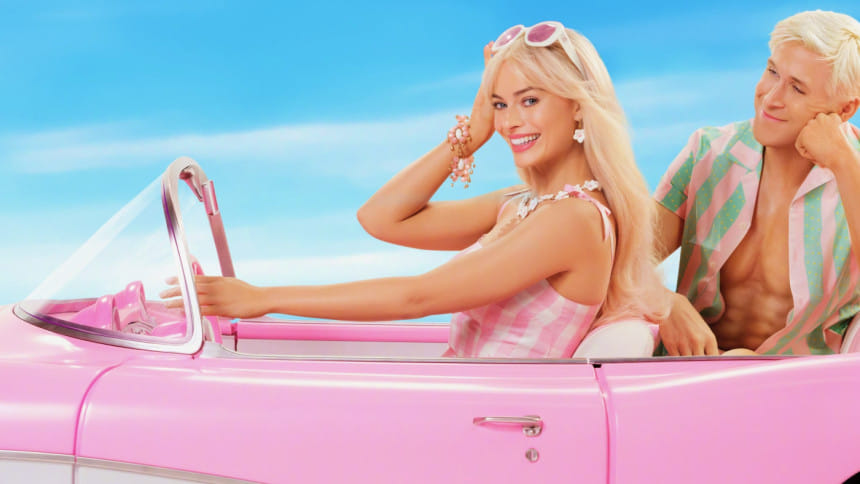
The voting procedure for the prestigious award, which is going to rise its curtains on its 96th edition on March 10, is so old-fashioned and subjected to external influence that it caused a stir among previous years as well, whilst most viewers turned to other awards shows such as Bafta, Golden Globes and SAG.
The Academy is often influenced by expensively managed PR campaigns and battered by political and social forces far outside the Academy itself, that is to say, that the prize has little to do with the recognition of artistic merit but with hitting the right chords with the industry leaders.
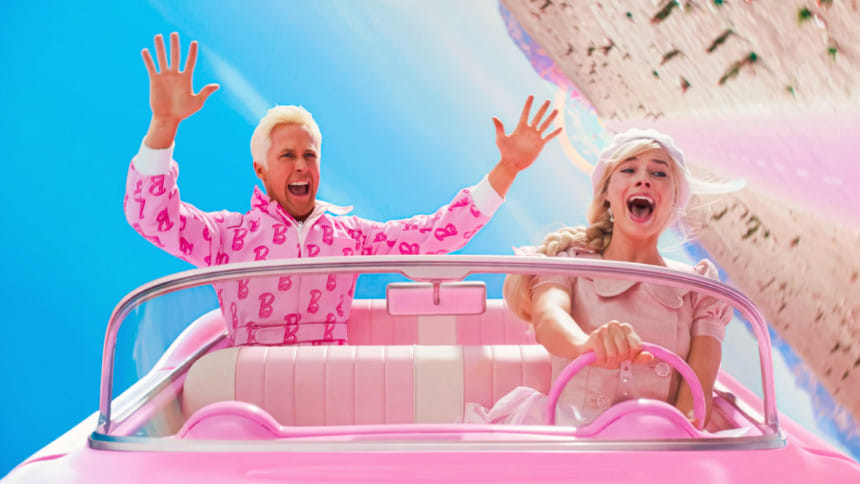
The Oscars are not only about films that matter but also about the sprawling satellite economy centred on award shows, branded media coverage, fashion marketing, and social media conversations.
With many critics and audiences shocked by the Academy's failure to recognise the brilliant work of Greta Gerwig and Margot Robbie with "Barbie"– what are the reasons behind the snub after all?
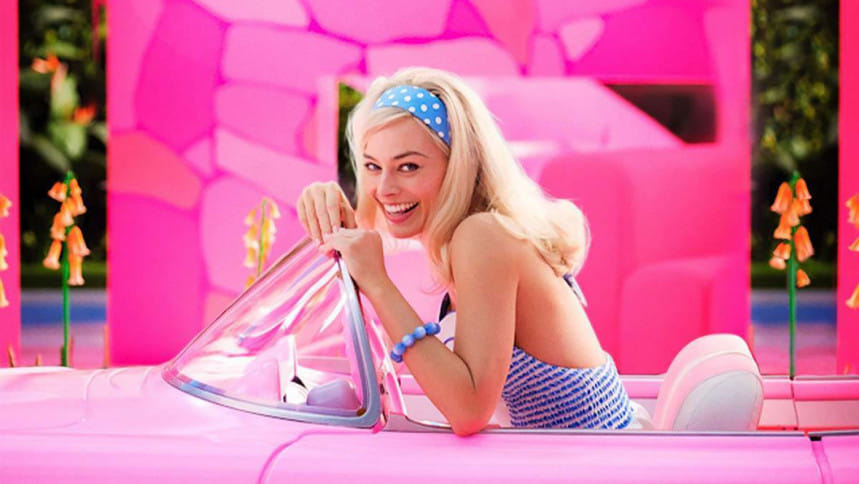
Is it because the film is based on a doll that really hurt Barbie at the Oscars?
Although the film was nominated for best picture, Greta Gerwig was left out as director and Margot Robbie was left out of the best actress category, a surprise that caused a flood of outrage on the internet and from their colleagues worldwide.The Associated Press called Gerwig's snub as "one of the biggest shocks in recent memory".

While Ryan Gosling, who played the role "Ken" in the film and got nominated for supporting actor and Gerwig and Robbie were left out, one user pointed out on X (previously Twitter) that it "kind of proves the point of the movie, that the patriarchy is still with us."
Ryan Gosling himself said in a statement, "There is no Barbie movie without Greta Gerwig and Margot Robbie, the two people most responsible for this history-making, globally celebrated film".
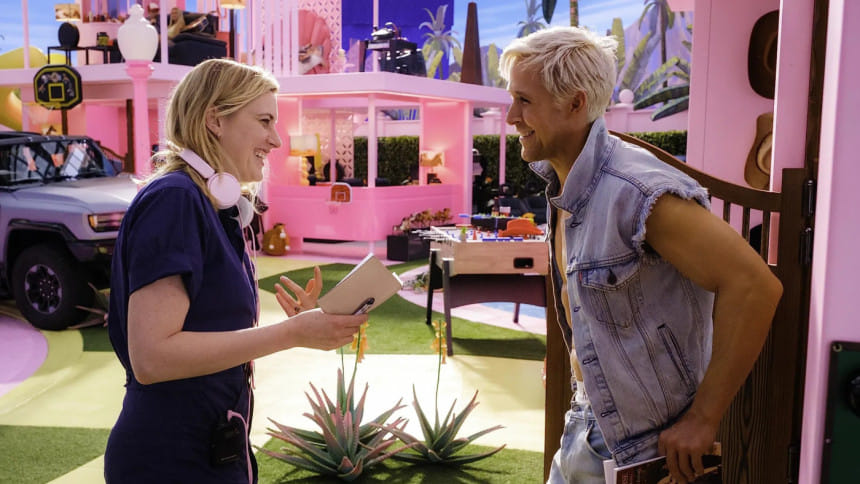
The film industry's lingering sexism may have something to do with it, but that may regarded as only a fundamental problem. Despite that Best Picture nod and huge box office success, Oscar voters refused to take the toy-based film seriously, disregarding how inventive and modern it is, dismissing its inherent witty and subtle subversive cultural statement.

The Oscars undermine stereotypes about women and a film made on the concept of the stereotypes held on to women at large. Gerwig, with her meta-wit, named Robbie's character as Stereotypical Barbie – wrapped up in a buoyant, candy-coloured cloud of happiness and self-identity who reinvents herself and the discrepancies of the society around her in the climax of the film. Nevertheless, Oscar voters were unable or unwilling to delve beneath the surface to appreciate the film's imaginative depth, substantial qualities, and Gerwig's meticulous orchestration.
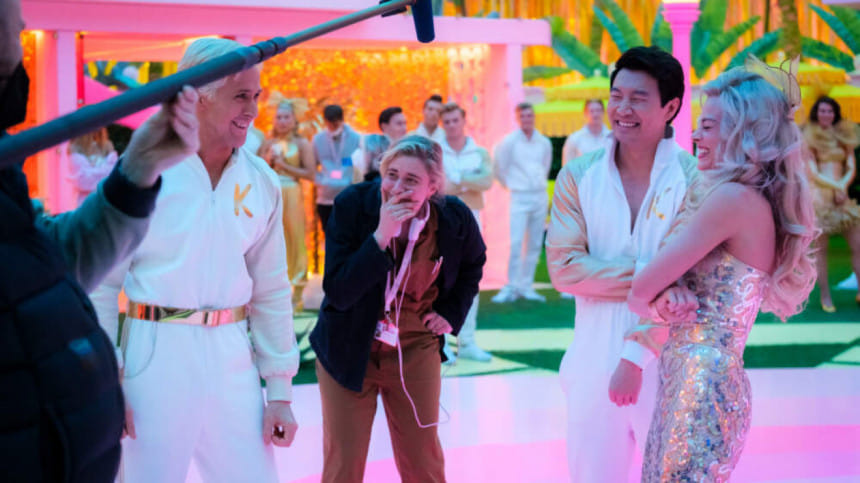
Even prior to the announcement of nominations, speculations suggested an underestimation of "Barbie's originality. With 10 films contending for the best picture category and only five directorial slots available, certain films must be regarded as "self-directed".
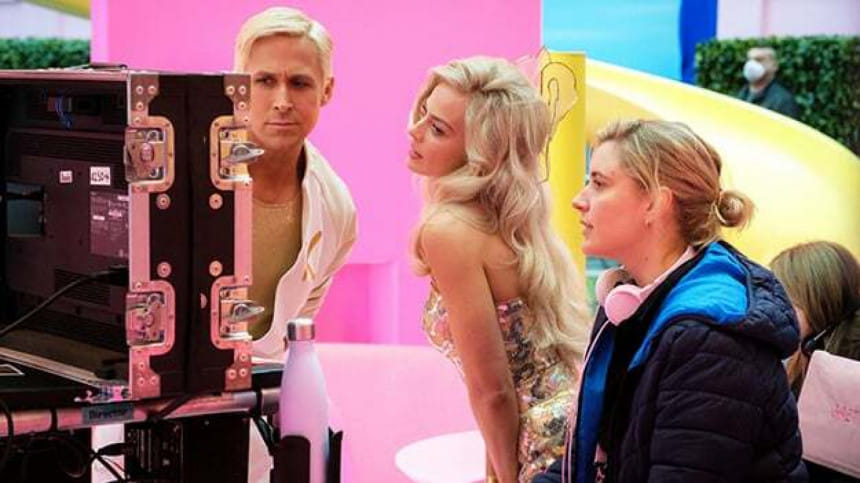
Notably, Gerwig appears to have been edged out by nominees associated with smaller, more contemplative films: Justine Triet, rightfully becoming the only female director in the category (rescuing the category from being all-male), acknowledged for her suspenseful "Anatomy of a Fall," which added diversity to the category. Jonathan Glazer, whose inclusion in the Holocaust drama "The Zone of Interest" has to be a must-have at the Oscars for its content. Evidently, Gerwig's nuanced comedic sketch of a subversive cultural struggle couldn't vie for attention in this context.
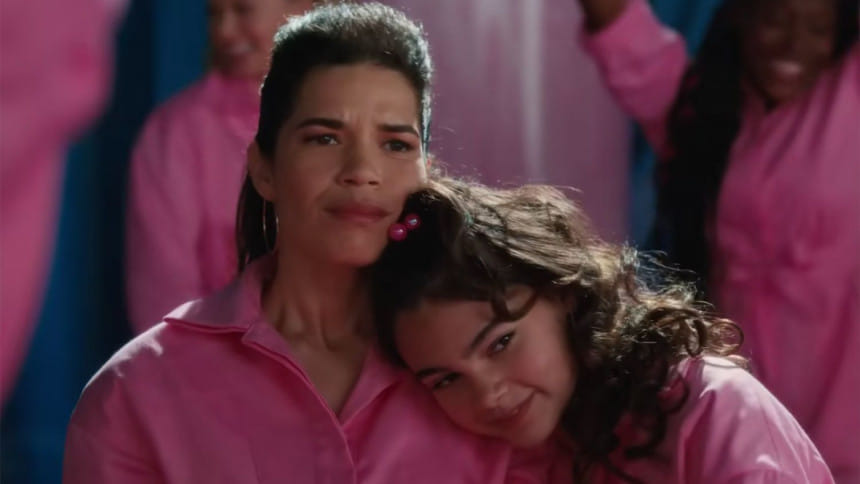
And even before the nominations were announced, there were speculations that Barbie's originality would be underestimated at the Oscars. The first speculation started when the Academy ruled that Gerwig and Noah Baumbach's inspired screenplay of "Barbie" belonged in the adapted category (where it received a nomination) as it was 'not original'.
Whether the judgment lacked sensitivity to the script's creativity or was simply inflexibly rigid, the Academy's Writers Branch executive committee asserted that the film was built upon an existing character, specifically, a doll.
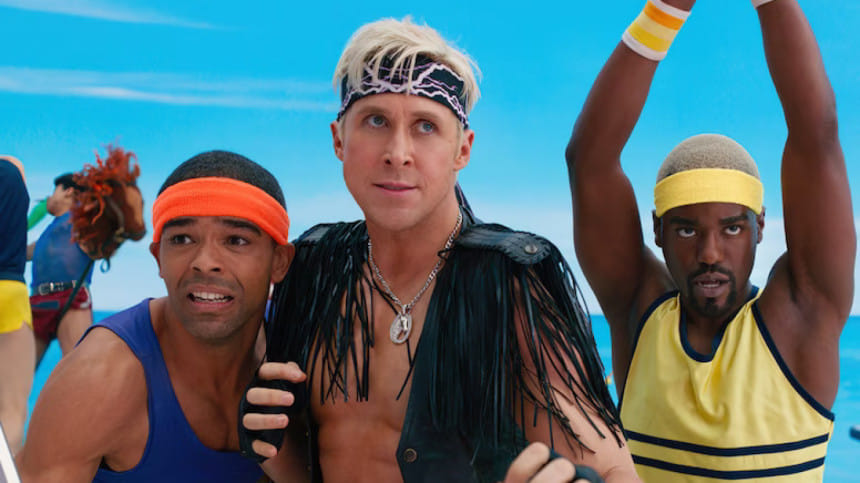
Additional insight emerged during the Golden Globes. While Barbie didn't secure the best comedy or musical title, it did receive a somewhat contrived award for cinematic box office achievement—a consolation acknowledging its popularity and financial success.
Right from the beginning, the film's connection to money and corporate culture was problematic from the start. The storyline criticises Mattel, the company behind Barbie, for being insensitive and patriarchal. Surprisingly, the movie itself is a product of a major studio authorised by the same toy company. When the film premiered, the New York Times highlighted critics' conflicting opinions on whether it's "slickly subversive or inescapably corporate".
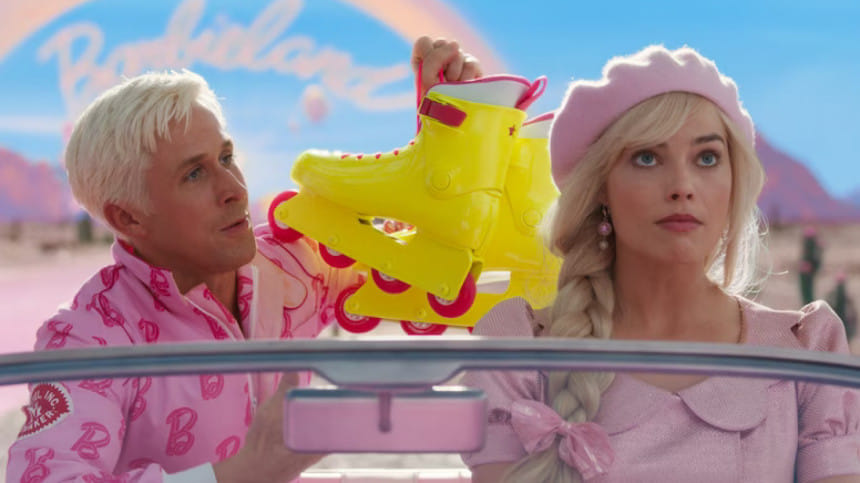
Oscar voters seemed to view it simply as another studio blockbuster, fitting a recent trend where popular commercial movies enter the best picture competition, yet their directors remain overlooked. This pattern is evident in films like "Dune", "Top Gun: Maverick", and "Avatar: The Way of Water". However, none of these movies carried the same cultural impact or novelty as Barbie.
The film's most direct social message comes from America Ferrera's character, 'Gloria', the main human in Barbieland. In a surprising move, Ferrera received a supporting actress nomination, most supposedly because of her passionate speech about the pressures on women. She said, "Be thin, but pretend it's because you want to be healthy. "It's exhausting," Gloria says. "You have to have money, but you can't ask for money because that's crass." Did Gerwig simply make too much money? Maybe. Be a woman director, but don't show up the men by making more than they do. That could easily have been part of Gloria's speech.
Margot Robbie was also underestimated. Ferrera's outspoken monologue resonates with the Oscars' preference for directness. Robbie's role required more subtlety, making it less easily appreciated. When Gloria's outburst inspires another Barbie to recognise her own worth, Robbie's Barbie has a similar awakening.
"By giving voice to the cognitive dissonance required to be a woman under the patriarchy, you robbed it of its power," Robbie tells her, delivering those lines in a light tone that says the idea is true but also kind of pompous. As Ferrera told Variety about Robbie's snub: "Perhaps people got fooled into thinking that the work seems easy". Gerwig and Robbie, both nominated as producers of the film, deftly gave full voice to that dissonance, which may be why they missed nominations that should have been theirs.
The 96th Academy Awards are going to be broadcast on ABC on March 10.

 For all latest news, follow The Daily Star's Google News channel.
For all latest news, follow The Daily Star's Google News channel. 










Comments